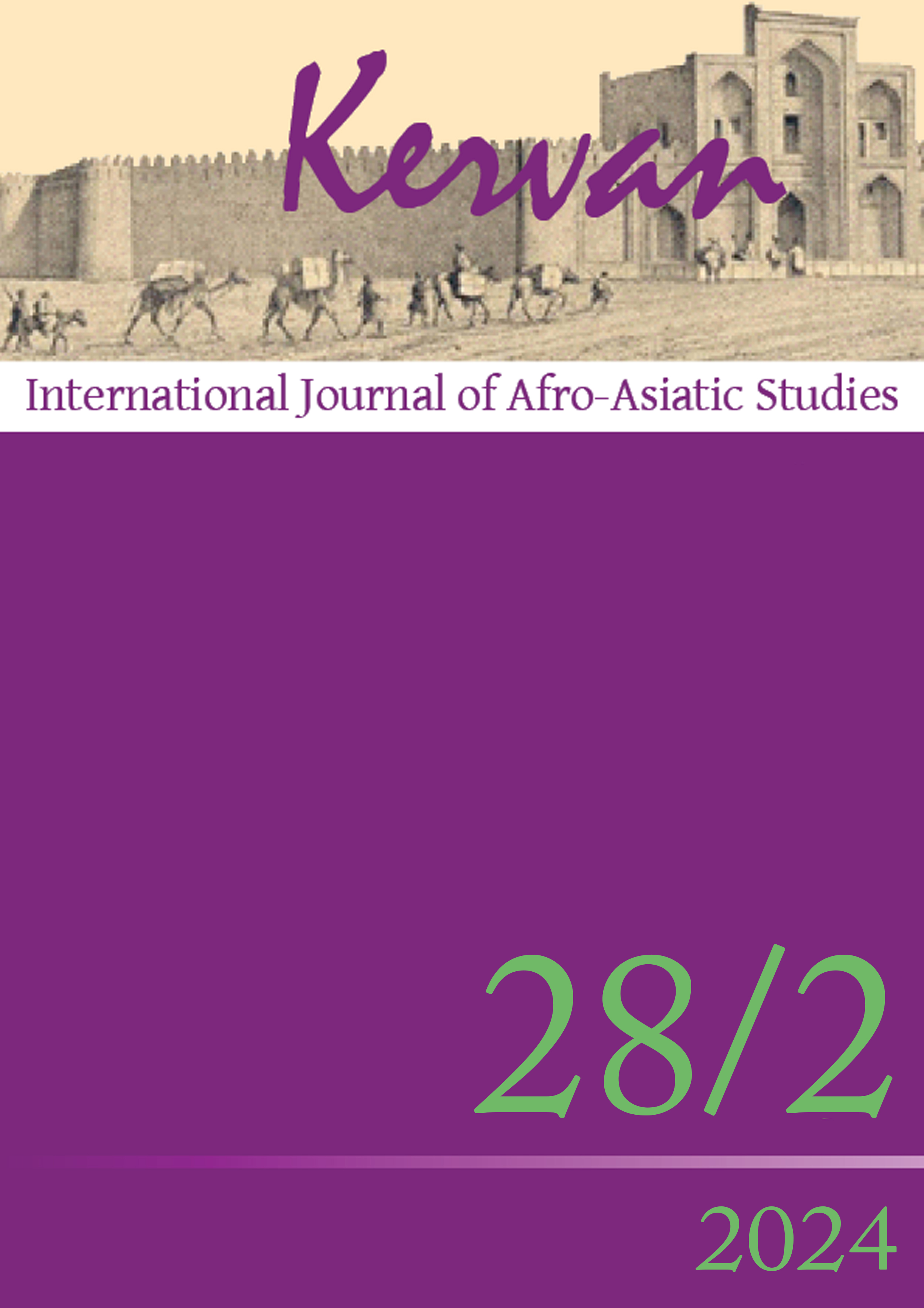Further considerations on the verbal aspect in Arabic
DOI:
https://doi.org/10.13135/1825-263X/11452Abstract
The verbal aspect is one of the thorniest issues that Arabists must deal with, both theoretically and pedagogically. If teachers do not pay extreme attention to words, sooner or later they will fall into glaring contradictions, to remedy which they must invent a series of exceptions. Intrinsic and extrinsic causes are at the origin of such a quagmire: on the one hand, the complexity of the topic, due to the difficulty of finding a definition of aspect, both as a semantic and grammatical category, valid for all languages; on the other hand, the opinion and approach divergence among scholars, who hesitate to recognize at the basis of the Arabic verbal system an aspectual or temporal opposition. Finally, it should be added that the whole debate is grounded on an idea of aspect mirroring the linguistic reality of Slavic languages and which, in hindsight, does not fit well with Arabic.
In this contribution, a definition of verbal aspect will be proposed considering the remarks included in a classic of linguistic studies, Bernard Comrie’s Aspect, and in a short, decidedly less well-known but very important article by the Romanian linguist Coseriu. What follows is an overview of how the topic is introduced within a number of grammars and theoretical texts, the purpose of which is to show the different interpretations given by Arabists regarding aspect and other related features of the verbal system. In the belief that verbal aspect does not constitute an independent grammatical category in Arabic, an interpretation of the system is given as being built on tense as a complex, multidimensional category. In addition to the deictic dimension, serving to situate events with respect to a time reference, Coseriu identifies a second temporal dimension, the ‘plane,’ by which events are presented, in relation with the speech act, as either fully real or placed on a line of diminished reality. By applying the notion of plane to Arabic, an attempt is made to justify certain uses of the so-called “perfect” without referring it to the category of verbal aspect.
Downloads
Downloads
Published
Issue
Section
License
Gli autori che pubblicano su Kervan accettano le seguenti condizioni:
- Gli autori mantengono i diritti sulla loro opera e cedono alla rivista il diritto di prima pubblicazione dell'opera, contemporaneamente licenziata sotto una Licenza Creative Commons - Attribuzione che permette ad altri di condividere l'opera indicando la paternità intellettuale e la prima pubblicazione su questa rivista.
- Gli autori possono aderire ad altri accordi di licenza non esclusiva per la distribuzione della versione dell'opera pubblicata (es. depositarla in un archivio istituzionale o pubblicarla in una monografia), a patto di indicare che la prima pubblicazione è avvenuta su questa rivista.


 The articles that have appeared on Kervan since 2016 are rated as Class A in the system of National Scientific Qualification (ASN, disciplines 10/N1 and 10/N3).
The articles that have appeared on Kervan since 2016 are rated as Class A in the system of National Scientific Qualification (ASN, disciplines 10/N1 and 10/N3). The journal has been approved for inclusion in DOAJ. The DOAJ listing of the journal is available at
The journal has been approved for inclusion in DOAJ. The DOAJ listing of the journal is available at  The journal has been approved for inclusion in ERIH PLUS. The ERIH PLUS listing of the journal is available at
The journal has been approved for inclusion in ERIH PLUS. The ERIH PLUS listing of the journal is available at  Kervan was just accepted for indexing in SCOPUS. This important milestone ensures that articles published in Kervan are easily found when searching for library, archives and Information science and it enables Kervan authors to keep track of how often their article has been cited by others.
Kervan was just accepted for indexing in SCOPUS. This important milestone ensures that articles published in Kervan are easily found when searching for library, archives and Information science and it enables Kervan authors to keep track of how often their article has been cited by others.

